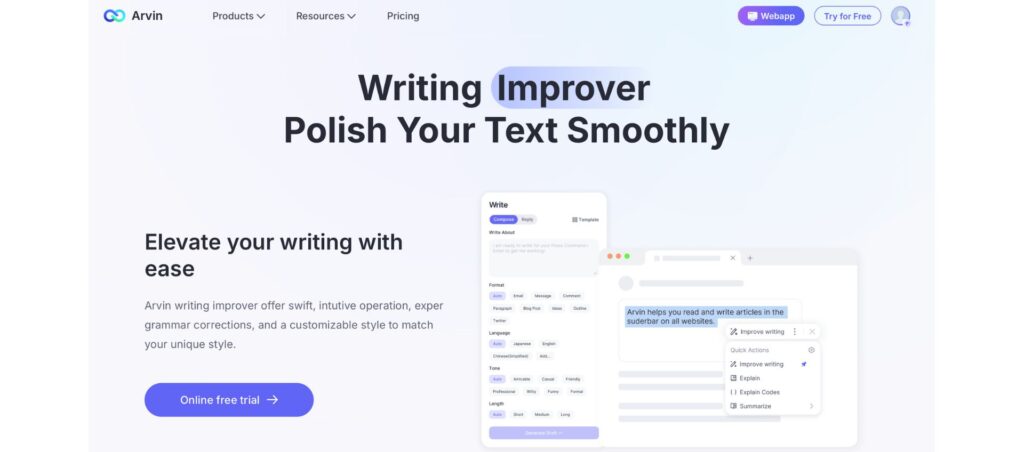Imagine you’re leading a virtual training session on Discord. Midway through, a technical glitch disrupts screen sharing, and you notice some attendees are struggling to follow along. You quickly address the group, saying, “Bear with me for just a moment while I resolve this screen-sharing issue.”
But what exactly does “bear with me” mean?
“Bear with Me” Meaning
Definition:
It is a phrase requesting patience or understanding during explanations, delays, or challenging situations.
Pronunciation:
/ber wɪð mi/
- “Bear”: Pronounced like “bare” with a long “e” sound (/ber/).
- “with”: Soft “th” sound (/wɪð/), similar to “width.”
- “me”: Pronounced as /mi/.
How to Use the Phrase Correctly
“Bear with me” follows a simple structure: verb (“bear”) + prepositional phrase (“with me”). In this phrase:
“Bear” acts as the verb, meaning “to endure” or “to be patient.”
“With me” is a prepositional phrase that specifies who needs patience or tolerance.
The phrase is used to ask listeners to “endure” or “tolerate” a brief inconvenience, usually used in the imperitive form.

Feeling confused? Check your work with Arvin AI’s Grammar Checker.
“To Bear” in Various Contexts
The verb “to bear” can have multiple meanings:
1. Endure or Tolerate:
- “I will bear with the discomfort if it helps.”
2. Carry or Support:
- “The bridge bears the weight of traffic”
3. Give Birth:
- “She bore three children”
4. Produce or Yield:
- “The tree bears fruit in the summer”
Using “Bear with Me” in Different Contexts
Use to politely ask for patience, whether handling a delay, fixing a tech issue, or explaining something complex.
1. Formal Setting:
- “Please bear with me while I address this issue.”
2. Informal Setting:
- “Bear with me for a moment!”
3. Writing Context (Emails or Reports):
- “Please bear with me as I gather more information on this topic.”
4. In Speech:
- “Bear with me as I pull up the next slide.”
In formal writing, consider alternatives like “We appreciate your patience” or “Thank you for your understanding” to avoid sounding overly apologetic.

If you struggle with writing, try out our Writing Improver to help you be able to put your thoughts into action.
Sentence Examples
Here are some different examples in simple and complex sentences.
Simple Sentences:
- “Bear with me as I pull up the data for this report.”
Complex Sentences with Conjunctions:
In complex sentences, the phrase can be used alongside other clauses, adding depth and context. Using conjunctions like “as,” “while,” and “since” helps explain the reason for the delay, making the request clearer.
“While” suggests simultaneity and is useful for indicating that the delay will not be long.
- “Bear with me while I set up the next slide.”
“As” adds a sense of reasoning, linking the request for patience to an explanation.
- “Bear with me as I try to clarify this complex information”
“Because” or “since” can help justify the request by giving a reason.
- “Bear with me because the process requires careful attention to detail.”
Common Errors: “Bare with Me” vs “Bear with Me”
They may sound identical, but they have very different meanings. Mixing them up is a common mistake that can lead to confusion—or even unintended humor.
Homophones:
“Bear” and “bare” sound alike but have different meanings:
- Bear: to endure or tolerate.
- Bare: to expose or reveal.
Correct Usage:
- “Bear with me as I explain this complex concept.”
Incorrect Usage:
- “Bare with me while i fix this issue” (This suggests “exposing” instead of enduring)
Making “Bear With Me” Polite and Effective
To make it sound polite and effective, consider adding courteous language (e.g., “please”) and clarifying details on the expected delay or difficulty. This helps ensure the request doesn’t come off as abrupt.
Tips for Politeness and Effectiveness:
1. Add “please”:
- “Please bear with me as I double-check the figures.”
2. Provide a reason:
- “Bear with me for just a moment; I want to ensure the accuracy of my answer.”
3. Use softening phrases:
- “If you could bear with me for just a moment, I’ll get this sorted quickly.”

Writing an important email? Use Arvin AI’s email writer to crosscheck your work to ensure there are no mistakes.
Synonyms
- “Thank you for your patience”
- “We appreciate your understanding”
- “Please be patient with me”
Conclusions
- Use “Bear” Not “Bare”
- Add Politeness
- Consider Formal Alternatives
- Remember the Grammar Structure: Verb + Prepositional Phrase
“Bear with me” is more than a grammatical phrase—it’s a way of acknowledging others’ time and goodwill, inviting patience while promising clarity and thoroughness.

If you struggle with it, you can try out Arvin AI’s Grammar Checker, and gain confidence in your work. After all, using good grammar reflects a sense of respect and professionalism in communication.
FAQ
The correct phrase is “bear with me”—it means to ask for patience. Using “bare with me” would imply exposure, which is incorrect.
It means asking someone to be patient or understanding with you, especially during a delay or while you handle a complex situation.
It means asking someone to endure or handle a challenging situation alongside you. It’s a way of inviting someone to share in facing a difficulty or inconvenience together.
Use “bear” when you mean to endure or tolerate. Use “bare” when referring to something uncovered or exposed, like “bare hands” or “bare minimum.”
It is grammatically correct because “bear” is a verb meaning to endure or to tolerate. In this phrase, “bear” requests patience, while “with me” specifies who needs patience. Together, they form a polite imperative, asking someone to endure a temporary delay or inconvenience.
Yes, it can be used in formal settings. It works well for polite direct communication, while more formal alternatives suit official documentation.
The past tense of is “bore with me.” For example, “Thank you for bearing with me during the presentation” or “She bore with me while I resolved the issue.”






